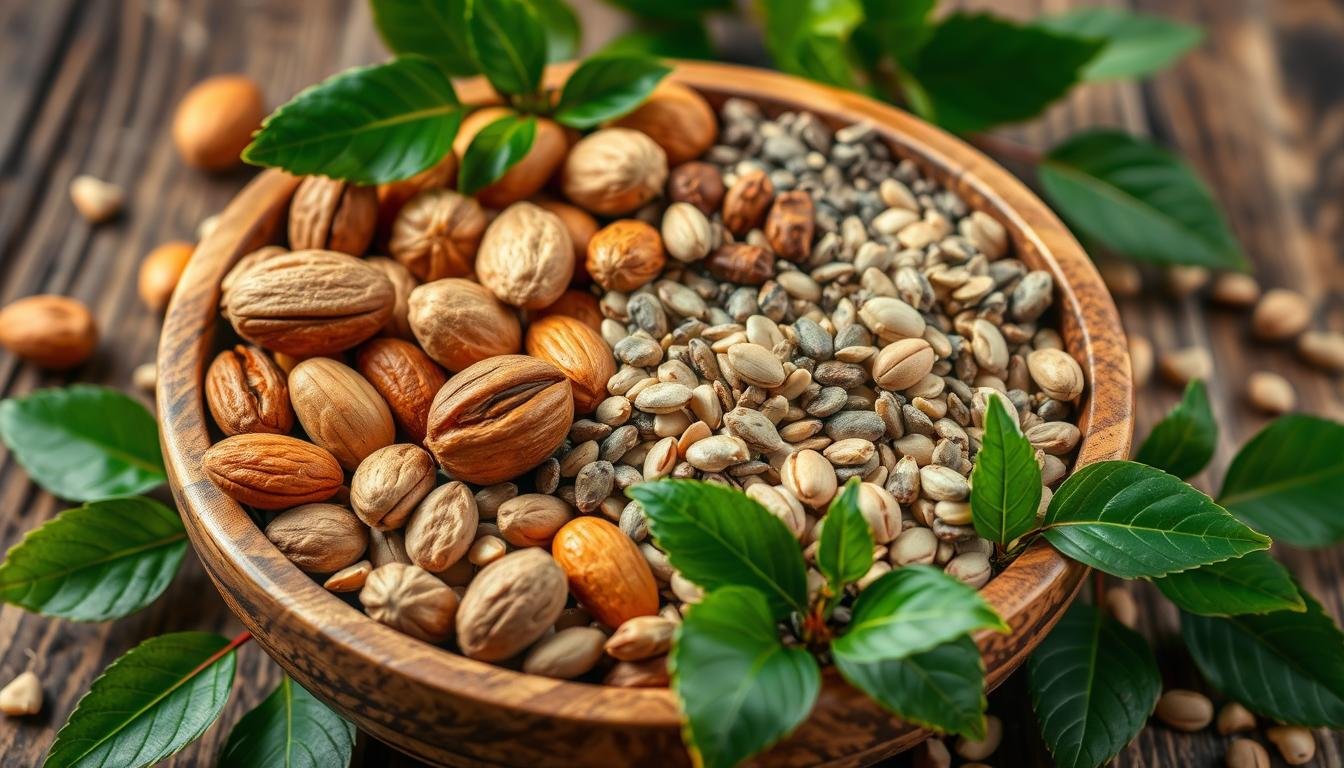Gestational diabetes is a condition that can develop during pregnancy, affecting how your body processes sugar. Managing your blood glucose levels through a healthy diet is essential for both your health and the health of your baby. Here are seven key tips for eating well with gestational diabetes, along with meal and snack ideas that can help you maintain stable blood sugar levels.

Seven Tips for Eating Well with Gestational Diabetes
Managing gestational diabetes is all about making smart food choices. Here are seven essential tips to help you stay on track:
- Choose Healthier Carbohydrates (Carbs)
Opt for complex carbohydrates such as whole grains, legumes, fruits, and vegetables instead of refined grains and sugary foods. These foods are digested more slowly, preventing spikes in blood sugar levels. Some great options include:- Whole grains like quinoa, brown rice, and whole wheat bread
- Legumes like lentils, chickpeas, and black beans
- Low Glycemic Index (GI) foods like sweet potatoes and barley
- Cut Down on Sugar
Reducing your intake of sugary foods and drinks is vital. Sugary beverages like sodas and fruit juices can cause quick spikes in your blood sugar levels. Opt for water, unsweetened herbal teas, or infused water with lemon or cucumber for hydration without the added sugar. - Perfect Your Portion Sizes
Accurate portion control helps regulate blood sugar levels. Use measuring cups or a food scale to ensure you’re eating the right amounts. The ideal plate for gestational diabetes should have:- Half filled with non-starchy vegetables
- One-quarter with lean protein
- One-quarter with whole grains or starchy vegetables
- Plan for Snack Attacks
Balanced snacks can help maintain steady blood sugar levels between meals. Try snacks that combine protein, healthy fats, and complex carbs, such as:- Greek yogurt with berries
- Whole grain crackers with hummus
- A small apple with a handful of almonds
- Avoid Diabetic Foods
Be cautious of foods labeled “diabetic” or “sugar-free.” These products may still contain artificial sweeteners or unhealthy fats that could affect blood sugar levels. Focus on whole, unprocessed foods instead. - Understand the Glycemic Index (GI)
The GI measures how quickly food raises blood sugar. Opt for low-GI foods like whole grains, legumes, and non-starchy vegetables to keep blood sugar levels stable. For example, steel-cut oats have a lower GI than instant oatmeal. - Manage Your Weight
Maintaining a healthy weight is important for managing gestational diabetes. Work with your healthcare provider to set appropriate weight gain goals and incorporate regular physical activity like walking or prenatal yoga, which can help improve insulin sensitivity.
Meal and Snack Ideas for Gestational Diabetes
When planning meals and snacks, balance is key. Here are some ideas to keep your blood sugar levels in check:
Main Meals:
- Grilled chicken with quinoa and a side of steamed broccoli
- Salmon with roasted sweet potatoes and spinach
- Tofu stir-fry with brown rice and mixed vegetables
Snacks:
- Carrots with hummus
- Greek yogurt with a few slices of strawberries
- Apple slices with peanut butter
- Hard-boiled eggs with cucumber slices
Drinks:
- Water infused with lemon, cucumber, or mint
- Herbal teas like chamomile or peppermint
- Coconut water (unsweetened)
How to Manage Gestational Diabetes
Managing your blood glucose levels doesn’t mean you have to deprive yourself. By focusing on whole, nutrient-dense foods, watching portion sizes, and planning your meals and snacks, you can help ensure a healthy pregnancy. In addition to dietary changes, regular exercise and stress management are also key components in managing gestational diabetes.
Resources for Further Reading
For more detailed information about managing gestational diabetes through diet, check out these helpful articles:
Conclusion
Managing gestational diabetes through mindful eating is not only essential for the health of both you and your baby, but it can also be empowering. By following these dietary tips and making informed choices about the foods you consume, you can maintain balanced blood sugar levels throughout your pregnancy. Always consult with your healthcare provider for personalized advice and support, as they can help you navigate this important aspect of your pregnancy health journey.
By staying informed and proactive about your dietary choices, you can contribute to a healthier pregnancy and a successful outcome for both you and your little one.

